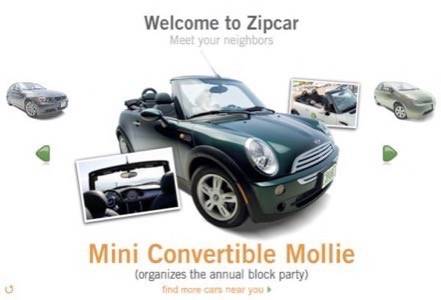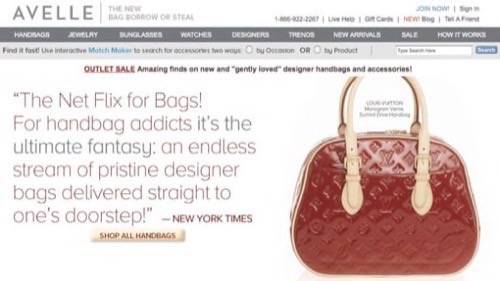Mike Kuniavsky from ThingM Corporation spoke this morning at ETech about merging machine-readable identification with pervasive networking. Kuniavsky said that when a digital representation of an object is accessed through a unique ID, it is the object’s “information shadow”. Nowadays, he said, these information shadows are attached to just about everything. One of the consequences of this is that the physical object changes to a service. This is another manifestation of the bigger trend of internet connected objects. Kuniavsky outlined a couple of examples of objects as a service in his presentation.

The first example was Zipcar, a self-described “car sharing” service which is being marketed as an alternative to car rental and car ownership. Basically you subscribe to a ‘pay as you go’ plan or a monthly plan. Available in your own city or any other city where Zipcar is available, you may then borrow a car whenever you need to. In a recent review, The New York Times stated that Zipcar “exuberantly markets the notion that life is better without ownership — car ownership, at least.”

Another example is Bag Borrow or Steal, a “Netflix for handbags” where you can rent designer handbags and accessories. The site was created after the founders asked themselves the following questions:
“Why should women have to endure the emotional and financial sacrifices that accompany the endless search for the “right” accessory for every event, wedding, and dinner party? Why should celebrities, fashion editors, and socialites be the only ones allowed to borrow fashion accessories? Why not give everyone access to the perfect accoutrement for every occasion?”

So these sites are examples of the trend of objects as services, which comes about due to objects being able to be tracked and have their status communicated. Kuniavsky said that this represents a “profound shift in our relationships with everyday objects” – how they’re designed, consumed, and so on. One example is that if an object is being shared, it can’t be personalized. One other issue is that the replacement cycle for shared services tends to be long – which Kuniavsky said may hamper innovation. He used the example of phone companies that used to provide consumers with big bulky phones, to limit maintenance costs and make them last longer. He thinks however that open standards and competing services is an answer to this, as it forces companies to innovate.

Overall, Kuniavsky argued that objects are moving away from an ownership model to a subscription model. The cars and handbags examples above are perhaps an indicator of many other objects becoming services.










